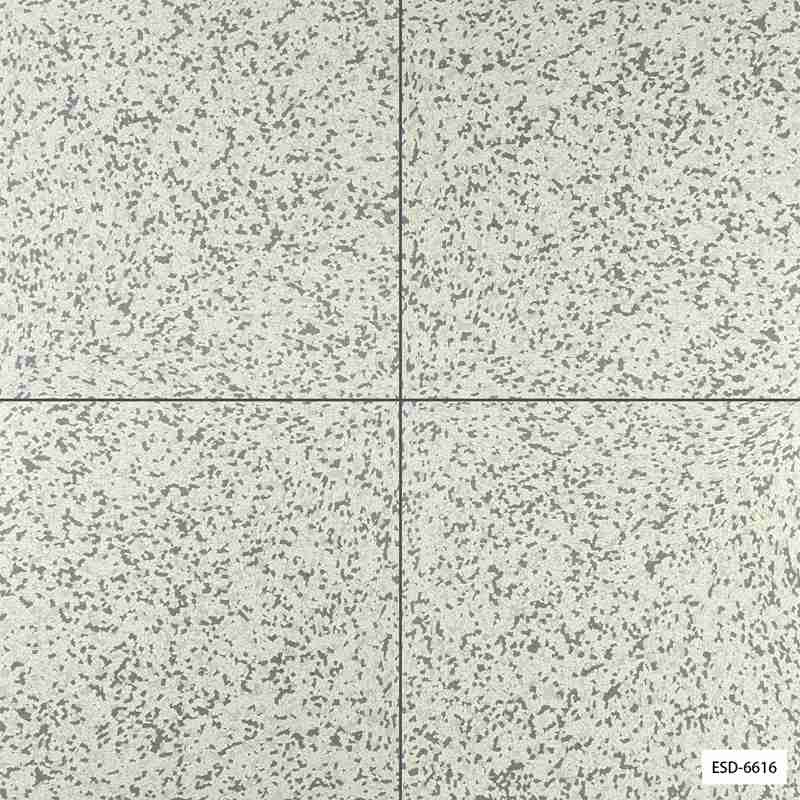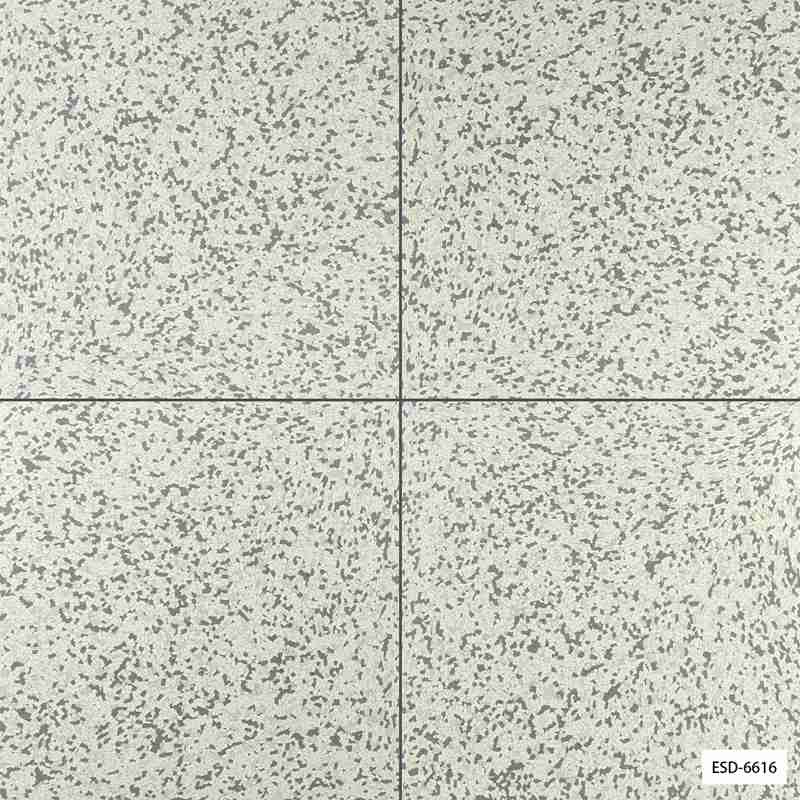

Electrostatic dissipative flooring is a specially designed floor material whose main function is to dissipate static electricity and prevent the accumulation of static electricity from causing damage to electronic equipment, sensitive components or personnel.
Resin substrate: such as epoxy resin, etc., provides the basic strength and stability of the floor.
Conductive filler: such as metal powder, metal fiber, carbon black, etc., these fillers form a conductive network in the floor, making it electrostatically dissipative.
Additives: used to improve the wear resistance, weather resistance and other properties of the floor.
Electrostatic dissipative performance: The floor surface can effectively conduct static charges to the ground to prevent static electricity accumulation.
Wear resistance: The floor surface has been specially treated and has high wear resistance, which can withstand friction and wear in daily use.
Chemical corrosion resistance: The floor material can resist the erosion of common chemicals and maintain long-term stability.
Easy to clean: The floor surface is smooth and flat, easy to clean and maintain.
Data center: Protect electronic equipment from damage caused by electrostatic discharge.
Production workshop: Prevent static electricity from damaging sensitive components and improve product quality.
Laboratory: Ensure the electrostatic safety of the experimental environment and ensure the accuracy of the experimental results.
Cleaning: Use appropriate cleaning agents and tools to regularly clean the floor surface to remove dirt and dust.
Inspection: Regularly check the integrity of the floor and repair any damaged or worn parts in a timely manner.
Avoid heavy loads: Avoid placing heavy objects on the floor to avoid damage to the floor.
